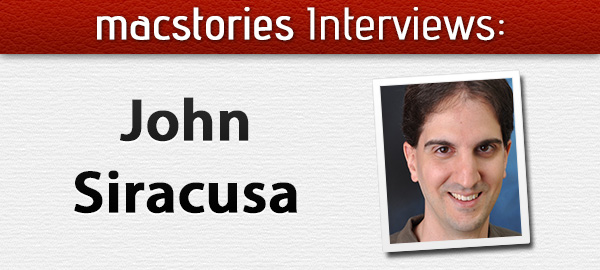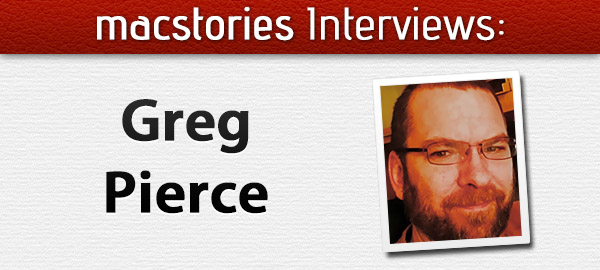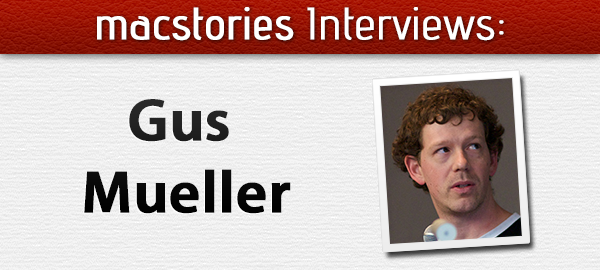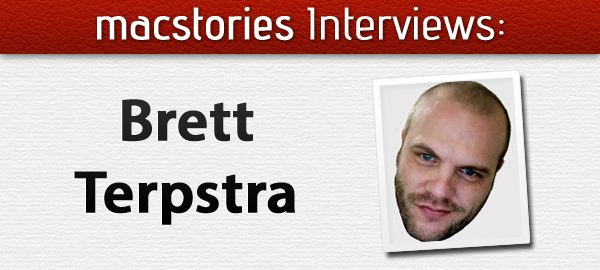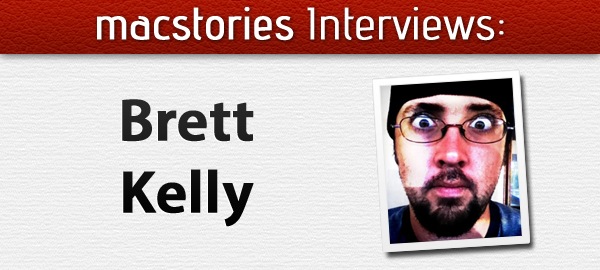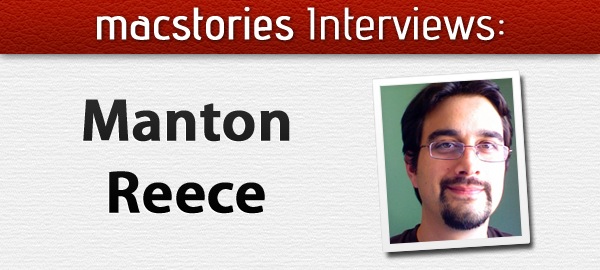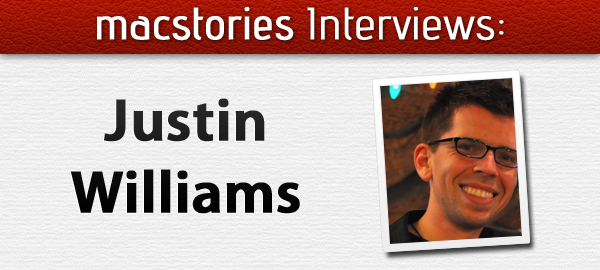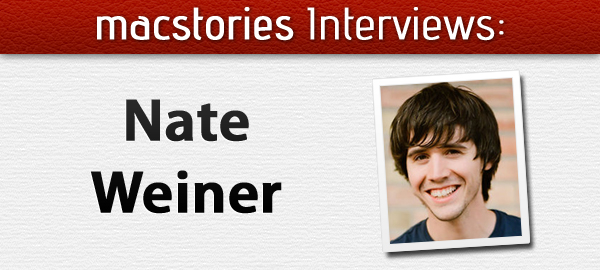In our ongoing series of interviews with developers and creators in the Apple community, I recently had the chance to talk with Manton Reece, the founder of Riverfold Software and developer of Wii Transfer, Tweet Library, and Tweet Marker. When he’s not developing new features for his apps, Manton writes at manton.org. You can follow him on Twitter as @manton.
The interview below was conducted between January 18 and May 2, 2012.
MacStories: Hey Manton! Could you introduce yourself to the readers who haven’t heard about you or haven’t tried any of your apps before?
Manton Reece: Sure, my name is Manton Reece and I’m a Mac and iOS developer from Austin, Texas. I build e-textbook software for VitalSource and in 2006 I founded Riverfold Software with my first indie Mac app, Wii Transfer. My two main products are Clipstart, for managing videos on the Mac, and Tweet Library, an iOS app for archiving and collecting tweets. Most recently I launched Tweet Marker, a syncing web service for Twitter apps.
MCSTR: What are the circumstances that led you to start your own company? When, and how, did you decide you wanted to become an independent developer?
MR: It was almost an accident that I started Riverfold. I’ve always worked on side projects, though often it’s just to build something I need for myself, or a small tool released as freeware. But in 2006 the Nintendo Wii had just been released, and over a few weekends I built this app to make it easier to convert movies to a format that could play on the new console. At the last minute, I decided to charge for it, and I reused the domain name from a previous, unfinished web project of mine.
People bought the app, but the most surprising thing to me – and what really opened my eyes about the business of software development – is that sales were fairly consistent over those first few months. I could tell that the Mac had a very healthy software market for independent developers.
And there’s nothing like feedback from paying customers to get you excited about building and improving apps. I don’t think I would have been nearly as inspired to do anything after that if I hadn’t decided to make it a paid app at that initial release. Read more


